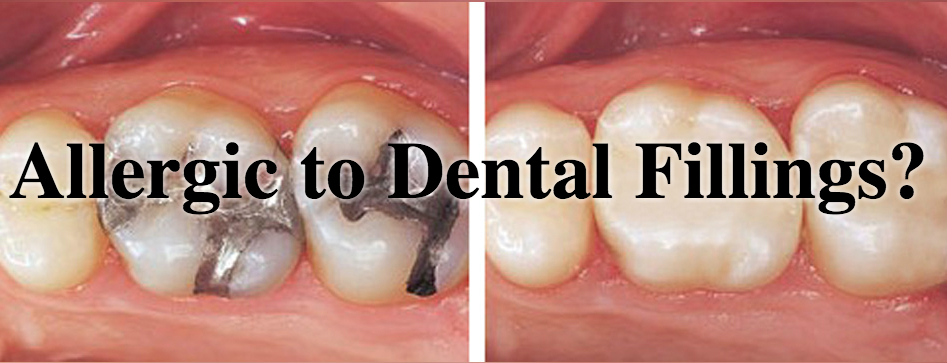While understanding all of your medical allergies is essential to providing safe care, reactions to common dental materials are rare. Over decades, the products we use were developed to avoid irritation and work well with the natural tissues in your body. Overall, any allergic response to a crown, filling or implant would be extremely unlikely.
In the past, fillings and crown materials relied heavily on the use of metal. Mixtures of different metals called alloys allowed labs to create resilient structures that adapted well to the natural teeth. In the early years, many porcelain and metal crowns contained high amounts of nickel in their structure. Patients with nickel allergies sometimes developed irritation, itching and swelling around newly placed restorations. In modern dentistry, less irritating metals such as gold and palladium are now used in place of nickel. As a whole, metal plays a much smaller role in today's practice, and thus metal allergies are not a predominant concern.
Tooth colored materials are even less likely to cause an allergic reaction. The crowns we place are typically either made of ceramic or glass and thus have almost no allergic potential. The fillings we place at our office are also non-irritating. Composite (tooth colored) materials are placed in an "uncured" state (so that they are soft/moldable) and "cured" with a light to become rigid and durable. Once the material is cured, the chemical structure is permanently altered and unable to leak or leech compounds into the body.
Overall, the materials used at a modern dental office are extremely safe. Our patients' health and safety is of utmost importance, beyond the need to fix a single tooth. If you would like to know more about the products we use at our office or have a question about how one of your allergies or conditions might affect dental care, please give our office a call.


